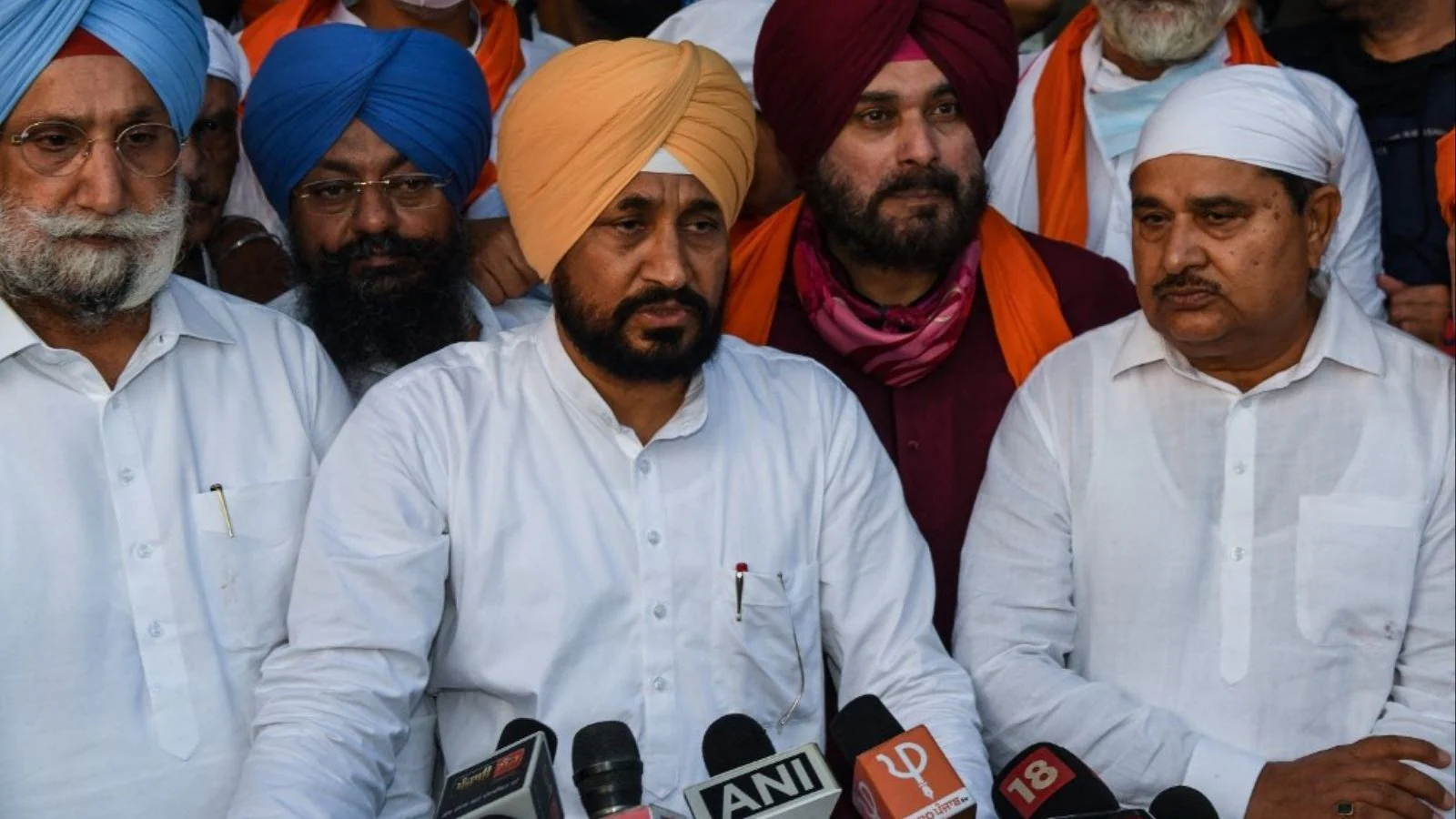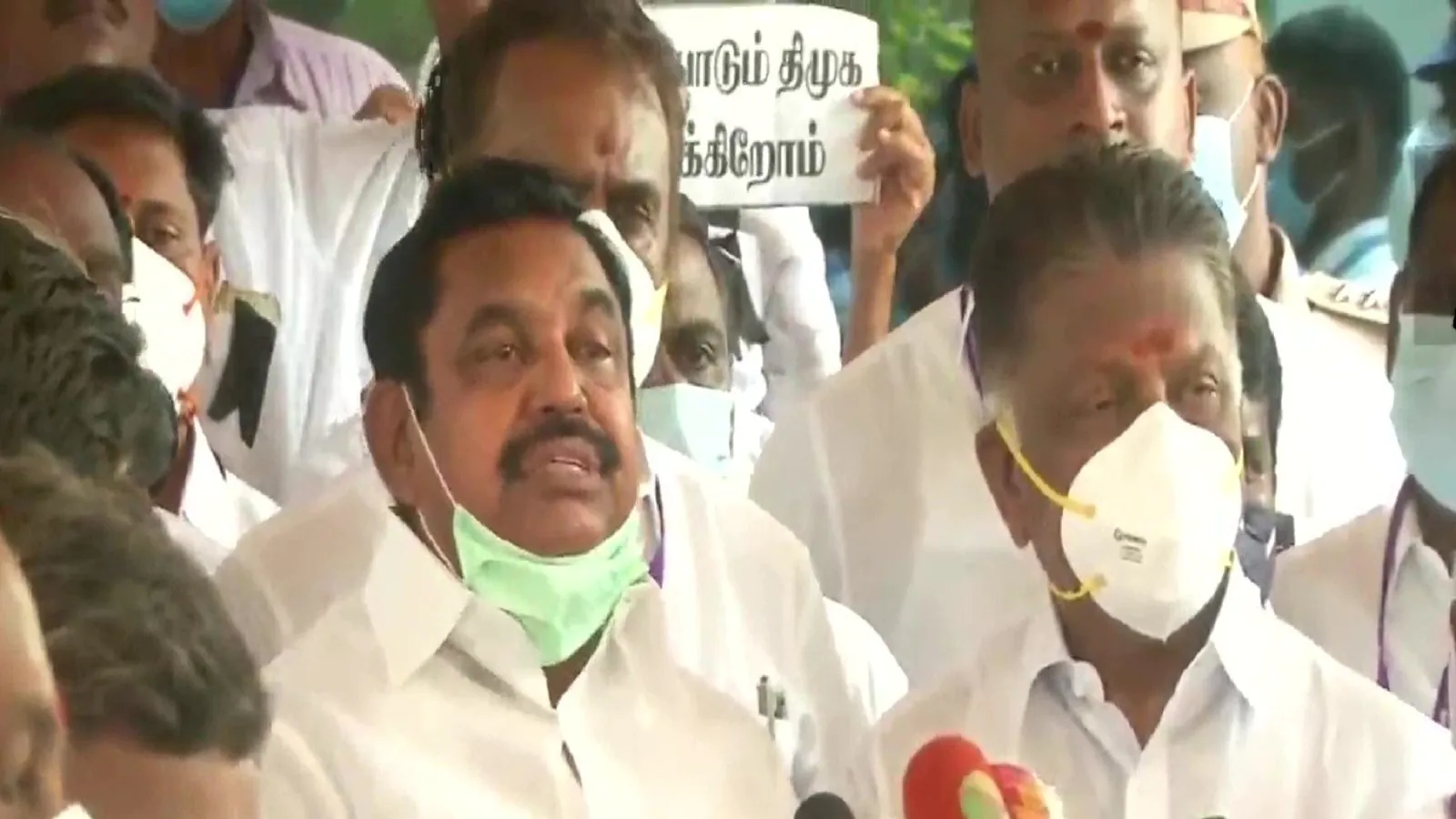
Australian High Commissioner to India, Barry O’Farrell. File | Photo Credit: VV Krishnan
Urging students wishing to study in Australia to be cautious of “migration agents” who fill false information in their applications, Australian High Commissioner Barry O’Farrell said that the “uptick” in fraudulent applications had led to universities in Australia to bar applicants from six Indian States. These include Punjab, Haryana, Uttarakhand and Uttar Pradesh, as well as Jammu and Kashmir.
Mr. O’ Farrell, who ends his tenure in India shortly, said that India can never be “ignored” again in Australia given the growing diaspora there, and insisted that Australia welcomes Indians from every part of the country.
“What we see is a failure by migration agents who are letting down students by not completing their forms accurately. We have seen an uptick of false information and fraudulent applications and as a result a very small number of [Australian] universities have turned the tap off on migration agents responsible,” Mr. O’Farrell told journalists at an event organized by the Indian Association of Foreign Affairs Correspondents (IAFAC).
He said that students must insist on seeing a copy of the visa and admission applications filed on their behalf by agents.
Mr. O’Farrell, a politician and former Governor of New South Wales Province, was appointed High Commissioner to India by the then Australian Prime Minister Scott Morrison in 2020. He is expected to be succeeded by a career diplomat, Phillip Green, who is currently Australia’s Ambassador to Germany.
‘Ties at best ever levels’
Referring to the diaspora event in Sydney last week that Prime Minister Narendra Modi and Australian PM Anthony Albanese addressed, Mr. O’Farrell said that the India-Australia relationship is at the “best ever” levels and that the Indian community in Australia had an important role in strengthening ties.
Indian migrants form the second-highest population of residents in Australia with a population of more than 7,00,000 and about 86,000 Indians study at Australian universities. He also said that recent initiatives including the Economic Cooperation and Trade Agreement (ECTA), as well as an FTA under negotiation, the common vision of the Quad and the Indo-Pacific, as well as hopes of building resilient supply chains had brought the two countries closer together.
“Australia has elements that India needs to grow,” he said pointing to critical minerals and rare earths needed for Electric Vehicles, manufacturing etc. “India can get these from a close neighbour [China]or from a trusted partner [Australia],” he said, adding that during COVID, the two countries learned the importance of “secure supply chains.”
‘Surprise over violence’
When asked about concerns over the targeting of Indian community centers, raised publicly by PM Modi, Mr. O’Farrell said that there was considerable “surprise” in Australia over the violence that followed calls for a “referendum” by pro-Khalistan elements in the country, and the incidents of vandalism and painting of anti-India and anti-Modi graffiti on temples in the country.
“It is disturbing for me to see because of the [Indian] diaspora has been seen as a very law abiding and peaceful community.” He said that whoever was behind the attacks was “blackening the name of Australia” that prides itself on being a multicultural society.
To a question about Australian media reports that criticized Prime Minister Albanese for not raising concerns over a perceived decline in democratic freedoms in India, Mr. O’Farrell said that while “no democracy is perfect, Australia always stands by its values.”
He pointed out that democratic processes in India remain robust, referring to the recent Karnataka Assembly election where the ruling Bharatiya Janata party lost. “That is a sign of democracy,” he added.



